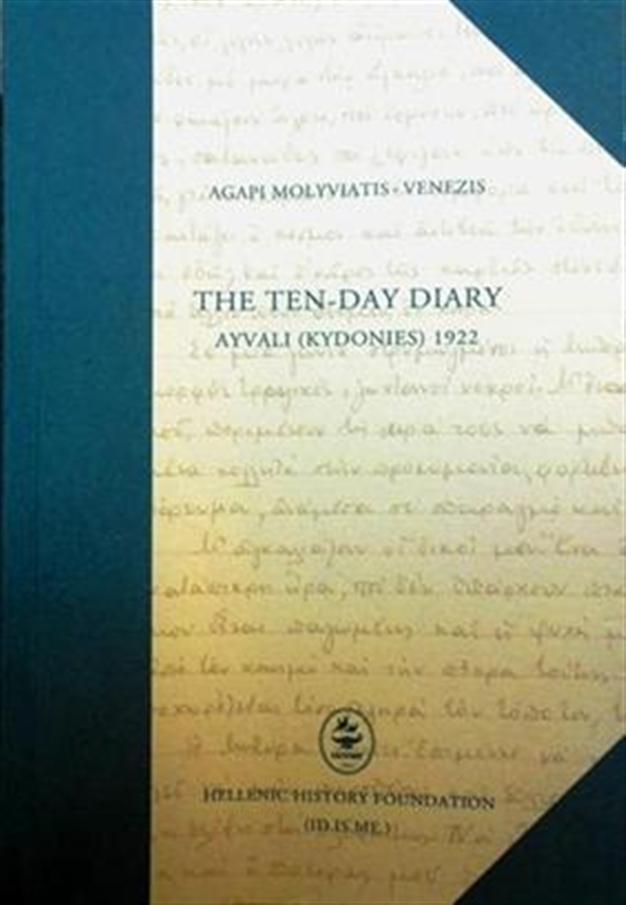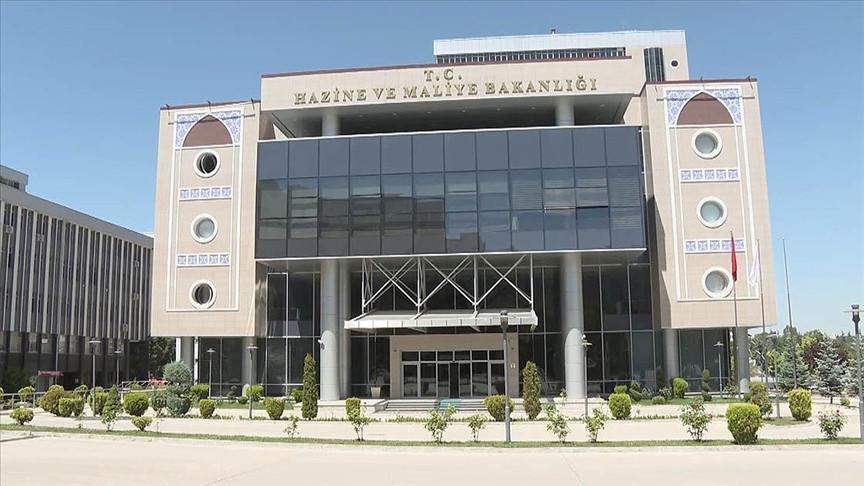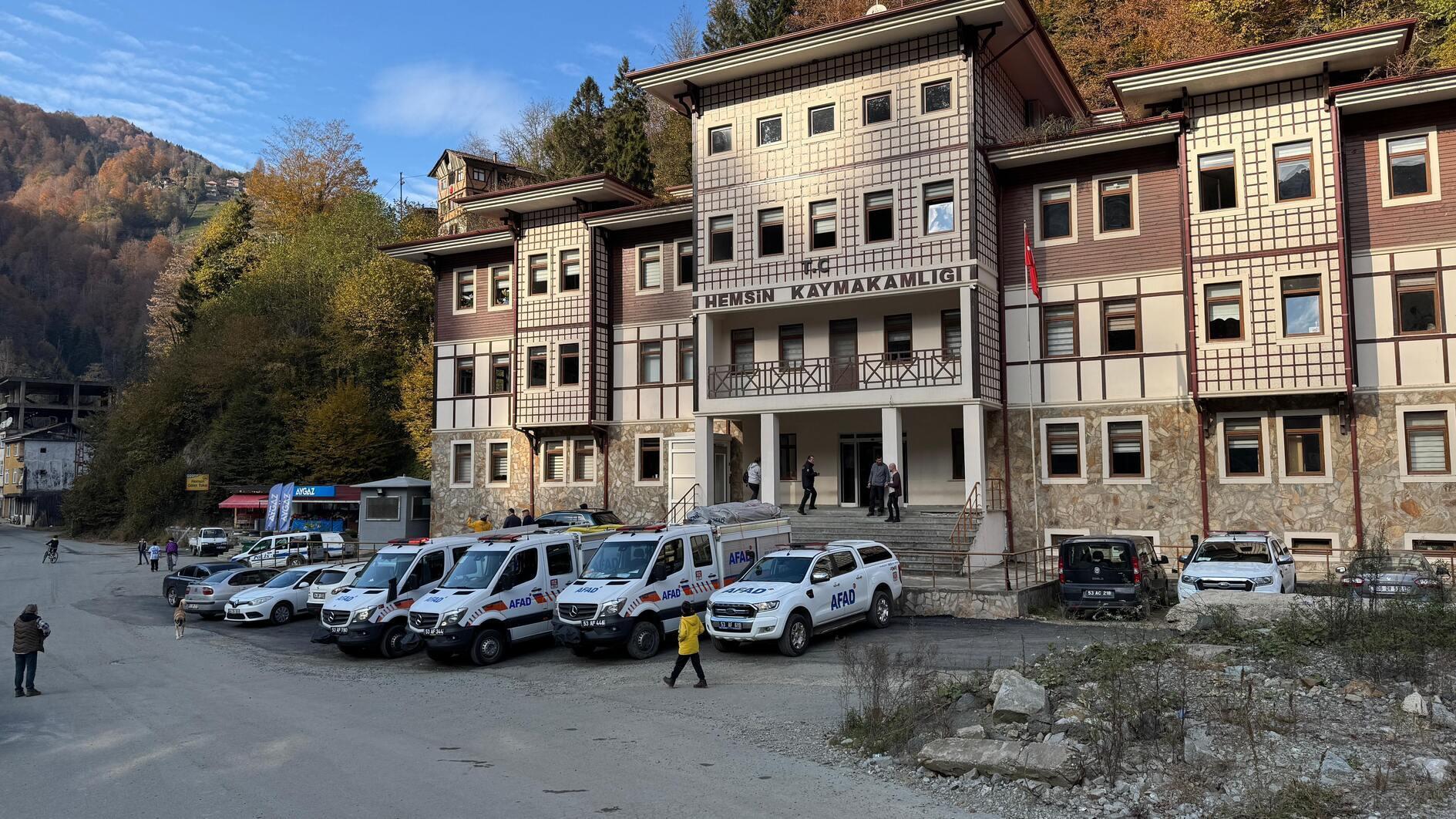‘The Ten-Day Diary’ by Agapi Molyviatis-Venezis
William Armstrong - william.armstrong@hdn.com.tr
 ‘The Ten-Day Diary’ by Agapi Molyviatis-Venezis, translated by Chrissi Bobaridou, Henry Scott, Irini Sarıoğlu (Hellenic History Foundation, 2012, 25TL, 207 pages)
‘The Ten-Day Diary’ by Agapi Molyviatis-Venezis, translated by Chrissi Bobaridou, Henry Scott, Irini Sarıoğlu (Hellenic History Foundation, 2012, 25TL, 207 pages)With so many new foreign enemies for Turkey to confront these days, enmity with Greece now seems a little passé. The Greek invasion and subsequent expulsion from Asia Minor almost 100 years ago still retains a political purchase on modern-day Turks and Greeks, but time – although slow - is the inevitable healer. Time certainly hadn’t passed when Agapi Molyviatis-Venezis was writing her little-known diary in the midst of days-long savagery and wanton destruction as Greeks were being expelled from the coastal town of Ayvalık; but although it’s visceral stuff, it somehow remains almost entirely free of political bitterness or recrimination.
That balance comes from the material of the diary itself. Its originality comes from Agapi’s extraordinary experience of being saved and protected by a Turkish soldier as they rampaged through the town. We learn that that soldier, Kemalettin, had vowed revenge for the recent killing of his own family by Greek soldiers, but he experiences a moment of almost divine clarity when he comes across the young Greek girl taking shelter amid the carnage. She reminds him of his dead sister and he impulsively decides to take her from the blood-drenched streets and hide her away in his own home, safely cocooned as “terror and fear, rapes, tortures, abductions, murders – all types of evil” rage for days outside. Agapi’s brother Elias (who would in the future become one of Greece’s most famous modern poets) had been captured by the Turks and was facing almost certain death, and Kemalettin vows to do what he can to save both of them.
A sizable chunk of the diary takes the form of an interior monologue as Agapi waits in tortuous captivity, her and her brother’s fates unknown and out of their hands. Her ruminations oscillate between horror - (“What tragedies, my God! How much grief in the soul of a human being! Why have You abandoned us, why have You forgotten us, oh God? Why?”) - and wonder at the “sacred” Kemalettin. The writing throughout is highly poetic, but the diary form prevents it from attempting too many narrative tricks, and instead encourages a kind of classical directness.
At times it veers towards the melodramatic and histrionic, but the diary’s focus on the personal over the political serves (perhaps unconsciously) to illuminate another quality inherent in the story itself. Agapi’s encounter with Kemalettin’s “unique model of humanity, kindness and gentleness” illustrates for the reader the gulf between the personal and the ideological. While early on she is able to write approvingly and unselfconsciously of the irredentist Greek nationalists’ “Grand Idea” (Megali Idea), the actions of Kemalettin make us aware that barbarism is often facilitated by such abstracted, detached ideas:
There is so much kindness and beauty in this man’s soul that all those terrible and horrible things have been brushed aside, wiped out – things with which our hearts had been saturated by our parents and our teachers. It makes you wonder and say: what connection, what resemblance can there be between this angel and those described by our teachers, or even those that I can hear roaring like beasts, thirsty for blood and death?
Kemalettin’s act of grace comes only when he is moored again to human sensitivity by Agapi’s resemblance to his sister; redemption comes with re-humanization, free from the fog of beguiling but dangerous ideas.
Notable recent release

‘The Renaissance and the Ottoman World’ by Anna Contadini and Claire Norton
(Ashgate, £65, 346 pages)










